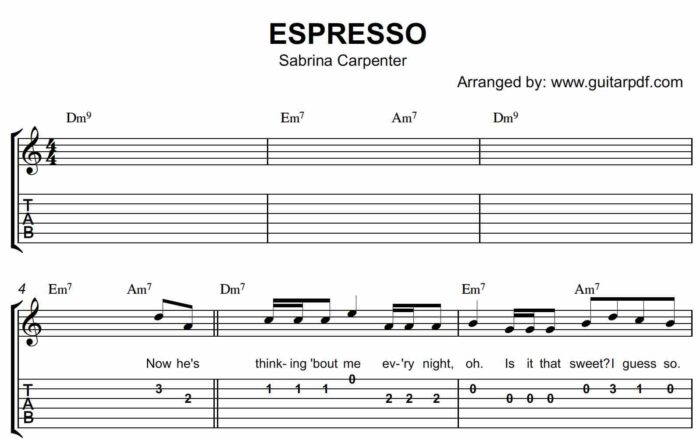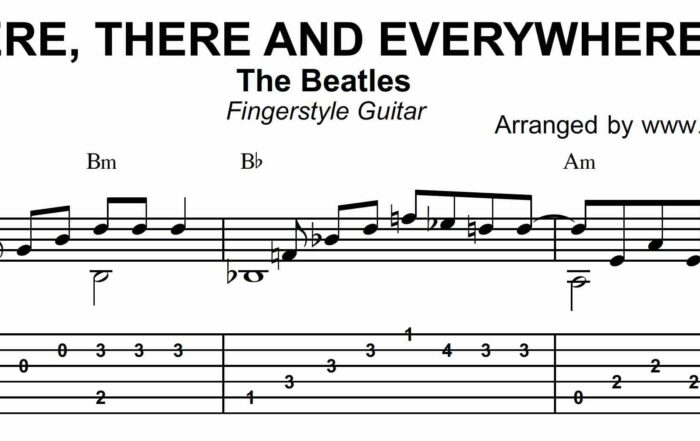How to Practice and Memorize Guitar Scales Effectively
Guitar scales are essential tools for developing technique, improvisation skills, and overall musicality. However, practicing and memorizing scales can be challenging, especially for beginners. To master scales effectively, it’s crucial to adopt a structured approach that maximizes learning and retention. This article provides practical tips and strategies for practicing and memorizing guitar scales efficiently.
Understanding Guitar Scales
Guitar scales are sequences of notes that are played in ascending or descending order. They form the basis for melodies, solos, and improvisation. Scales can be major, minor, pentatonic, or modal, among others. Each scale has a unique pattern of intervals that creates its distinct sound.
Effective Practice Strategies
1. Start Slow and Focused
Begin by practicing scales slowly and deliberately. Focus on playing each note cleanly and accurately. Speed and fluidity will come with time, but building a strong foundation is crucial. Use a metronome to keep a consistent tempo and gradually increase the speed as you become more comfortable.
2. Learn the Scale Patterns
Familiarize yourself with the different scale patterns and shapes on the fretboard. For instance, the major scale has five common shapes that you should practice in various positions. Knowing these patterns helps in navigating the fretboard and applying scales in different musical contexts.
3. Practice with a Purpose
Set specific goals for each practice session. Instead of aimlessly running through scales, focus on particular aspects, such as:
- Improving Finger Strength: Practice scales with different fingerings to build dexterity.
- Enhancing Accuracy: Pay attention to note clarity and intonation.
- Developing Speed: Gradually increase tempo while maintaining precision.
4. Use Visualization Techniques
Visualizing scales can enhance memorization and fretboard knowledge. Try to visualize the scale patterns on the fretboard without playing them. This mental exercise reinforces the spatial relationship of the notes and helps in recall.
Memorization Techniques
1. Chunking
Break scales into smaller, manageable chunks. For example, practice a scale in segments of four or five notes. This approach prevents feeling overwhelmed and makes it easier to focus on memorizing one section at a time.
2. Apply the Scales Musically
Incorporate scales into musical contexts to aid memorization. Improvise using the scale over backing tracks or create short melodies. Applying scales in real musical scenarios reinforces their usage and helps with retention.
3. Use Mnemonics and Associations
Create mnemonics or associations to remember scale patterns and notes. For instance, associate the notes of a major scale with familiar melodies or use visual cues on the fretboard to remember their positions.
4. Regular Review
Regularly review scales you’ve learned to reinforce memory. Even after you’ve mastered a scale, continue to incorporate it into your practice routine to maintain familiarity and avoid forgetting.
Practice Routines
1. Scale Sequences
Practice scales in different sequences, such as ascending and descending, in thirds, or in intervals. This variation helps to internalize the scale patterns and improves technical skills.
2. Incorporate Other Techniques
Combine scale practice with other techniques such as arpeggios, legato, and alternate picking. This holistic approach enhances your overall playing ability and makes scale practice more engaging.
3. Set a Practice Schedule
Consistency is key to effective practice. Set aside dedicated time each day for scale practice and stick to it. A structured practice schedule helps in building muscle memory and solidifying scale knowledge.
Common Pitfalls and Tips
- Avoid Rote Practice: Simply running through scales repeatedly without purpose can lead to boredom and stagnation. Focus on specific goals and apply scales musically.
- Neglecting Timing: Pay attention to timing and rhythm. Use a metronome to develop a strong sense of timing and to practice scales at different tempos.
- Ignoring Theory: Understanding the theory behind scales, such as intervals and chordal relationships, can deepen your knowledge and application of scales.
Conclusion
Practicing and memorizing guitar scales effectively requires a structured and purposeful approach. By starting slow, focusing on specific goals, applying scales musically, and using memorization techniques, you can enhance your scale proficiency and overall guitar playing. Remember, consistency and patience are key. With dedicated practice, scales will become an integral part of your musical toolkit, enriching your playing and creativity.







